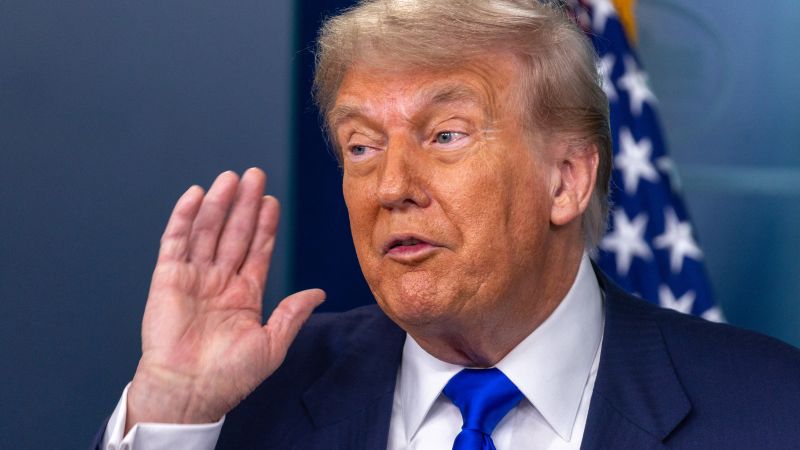US President Donald Trump has expressed skepticism about reaching a trade agreement with Japan, intensifying tensions by suggesting that Japan may face increased tariffs on its exports to the United States. Speaking to reporters aboard Air Force One on Tuesday, Trump criticized Japan for allegedly not purchasing American rice, stating, “We’ve dealt with Japan. I’m not sure if we’re gonna make a deal, I doubt it, with Japan. They and others are so spoiled from having ripped us off for 30, 40 years that it’s really hard for them to make a deal.”
The remarks come as the July 9 deadline approaches for the end of a 90-day pause on Trump’s “reciprocal tariffs.” During this period, US trade partners, including Japan, have been seeking to negotiate deals to avoid the imposition of new tariffs. Japanese exports were initially hit with a 24% levy when Trump launched his global tariff strategy on April 2, before pausing them for three months.
Ongoing Negotiations and Diplomatic Visits
Trump’s comments coincided with Japanese Foreign Minister Takeshi Iwaya’s visit to Washington for a Quad meeting with counterparts from Australia and India. This visit followed the seventh trip to Washington by Japan’s tariff negotiator Ryosei Akazawa for trade talks. Japan remains a crucial trade partner and security ally for the US in East Asia, though the relationship has been strained by Trump’s aggressive tariff policies.
On Tuesday, Trump also indicated that he does not plan to extend the tariff pause beyond July 9, stating, “I’m not thinking about a pause.” He added, “Some countries, we won’t even allow to trade. But for the most part, we’re gonna determine a number,” suggesting a yet-to-be-decided tariff rate.
Disputed Claims and Economic Impact
On Monday, Trump accused Japan of not buying American rice, a claim contradicted by data from the US Census Bureau. Last year, Japan purchased $298 million worth of rice from the US, and between January and April of this year, the figure stood at $114 million. Despite this, Trump reiterated his claim, saying, “They need rice so badly, but they won’t take rice.”
Trump also alleged that Japan does not import US cars, stating, “We didn’t give them one car in 10 years.” However, the Japan Automobile Importers Association reported that Japan imported 16,707 units of American automobiles last year. Trump suggested that Japan might face a tariff rate of “30%, 35% or whatever the number is that we determine.”
“Japan will continue to engage vigorously in sincere and honest discussions toward the realization of an agreement that will benefit both Japan and the United States,” said Japan’s Deputy Chief Cabinet Secretary Kazuhiko Aoki.
Historical Context and Future Prospects
Trade negotiations between the US and Japan have been at a standstill, primarily due to Trump’s tariffs on automobiles, a significant sector of Japan’s economy. Japan has been hoping for a reduction in the 25% tariff imposed on cars, but Trump has remained firm. In mid-June, Japanese Prime Minister Shigeru Ishiba met with Trump during the G7 summit, but the meeting did not produce a breakthrough.
The announcement comes as global trade dynamics are increasingly volatile, with the US seeking to renegotiate trade terms with several partners. The potential for heightened tariffs could have significant economic implications for both nations, affecting industries and consumers alike.
As the July 9 deadline looms, the outcome of these negotiations remains uncertain. Both countries are under pressure to reach a mutually beneficial agreement, but the path forward is fraught with challenges. The international community will be closely watching how these trade talks unfold, as they could set precedents for future negotiations.
